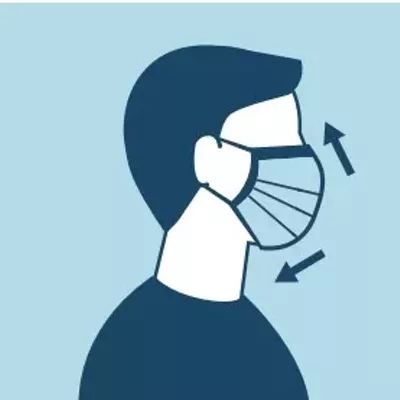Though it would be easy to dismiss the actions of the recalcitrant pharmacists as one more attempt by anti-choice advocates to chip away at women's hard-won legal rights to control their own bodies, in fact, their actions present a complex moral dilemma. At what point does any citizen have the right to disobey a law?
Any answer to that question must first address the notion of "rights." Whether one accepts the idea of God-given rights over politically formulated ones matters.
Even in a democracy, any rights granted by a government are not going to include the right to ignore a law. So the pharmacists' argument, as reported in The New York Times, that they are choosing to exercise their "conscientious convictions" or "rights of conscience" are pretty slim when weighed against any legal standard.
As an extreme example, consider the case of vegetarian pharmacists. Suppose they decided that their "conscientious convictions" prohibited them from dispensing any medication in a gelatin capsule, gelatin being a byproduct of the meat industry. They would likely find themselves unemployed.
Coming from a position of one's convictions sounds noble, but in reality is flimsy ground. I may hold the conviction that the gene pool is too precious to be contaminated by some people, but that doesn't translate into my right of conscience to start a sterilization campaign.
An individual may hold to a religious belief that prohibits certain types of contraception or any form of pregnancy termination, but if they are engaged in a secular activity--in this case, dispensing pills--they do not have the right to withhold those pills from any person with the proper prescription.
So if religious beliefs do not exempt an individual from breaking a law, what does? It's at this point one is faced with a moral and philosophical conundrum: Does the good that may result from breaking the law outweigh the harm that would result from following the law?
In certain situations, the answer is clearly yes. Two historical events immediately come to mind: the underground railroad that operated illegally in the nation before the manumission of slaves; and the efforts of some people across Europe during the Nazi years to hide or transport Jews. In both these cases, following the law would have meant acting outside the bounds of a morality that springs from a core of compassion and shared humanity.
Pharmacists who refuse to fill legal prescriptions may claim they are acting from a transcendent morality, but it is far more likely that their actions are based on religious dictates. And those proscriptive dictates are rooted in a religion that at one time found biblical justification for slavery, a religion that has turned intolerance into a virtue and piety into a slogan on a T-shirt.
All professions come with a set of obligations and responsibilities. A mechanic who decides computers are the work of the devil and tells customers he is willing to work on their cars, but not on any vehicle's computer, will soon find himself with empty bays.
A soldier facing combat for the first time and discovering she is incapable of killing would do well to find her way out of the military. And it's unlikely--if not impossible--that dentists who develop an aversion to open mouths, or surgeons who find themselves one day inexplicably sickened at the sight of blood, would long continue in their fields.
When a person makes a decision to enter a profession, it is with the understanding that the requirements of the occupation will be met. If those requirements change, and an individual feels unable to fulfill those requirements, then it is time to consider leaving the profession. Pharmacists who refuse to fill prescriptions are no different from any person who, for whatever reason, chooses to ignore his or her employment obligations.
Napolitano was correct when she said, according to a Capitol Media Services report, "Pharmacies and other health care service providers have no right to interfere in the lawful personal medical decisions made by patients and their doctors." Pharmacists who feel compelled to ignore the law do have an out: They can leave the profession to those who are willing to meet its responsibilities.






